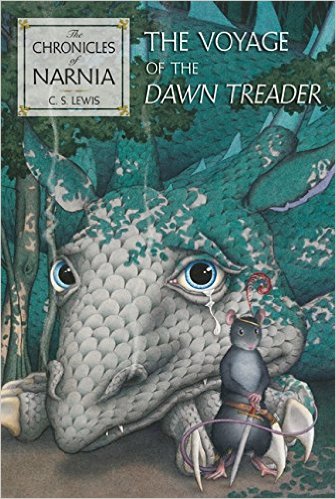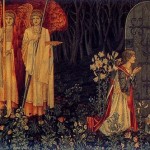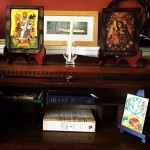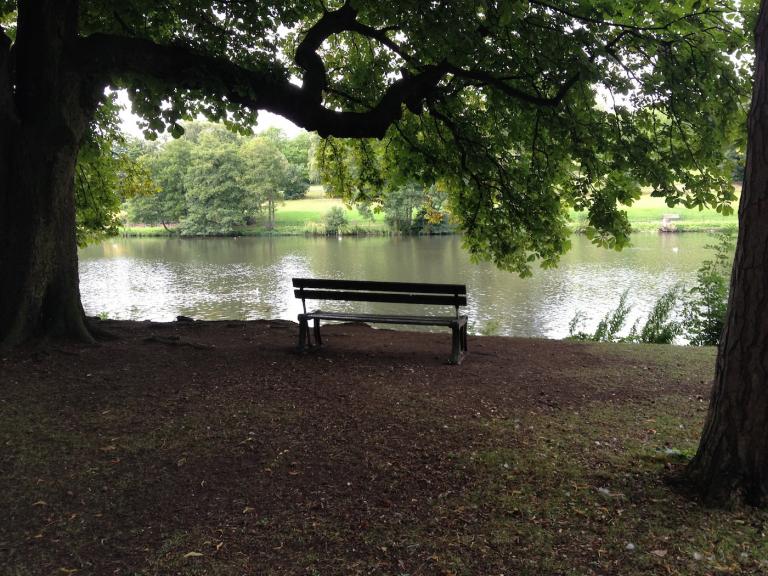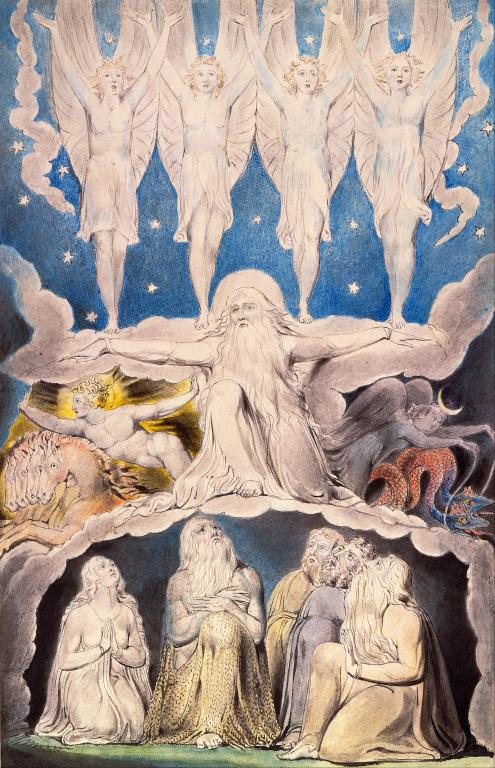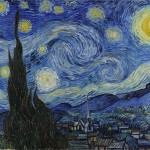David Russell Mosley
Ordinary Time
St. Colman McRhoi
The Edge of Elfland
Hudson, New Hampshire
Dear Readers,
I am currently re-reading Lewis’s Chronicles of Narnia each night before bed. I try to read these books every year and each time I discover something new. Currently, I am in the midst of The Dawn Treader. The other night, as I began to read the chapter in which Eustace is turned into a dragon I began to reflect on the reason Edmund, Lucy, and Eustace all end up in Narnia. What made me reflect on this was the nature of the plot of the most recent film adaptation of this book.
When the Pevensies and their cousin arrive on board the Dawn Treader Edmund, as I recall, begins asking what the trouble is in Narnia. Film-Edmund assumes that there must be some trouble, why else would Aslan bring them back? After all in The Lion, the Witch and the Wardrobe they made their way into Narnia in order to aid in overthrowing the White Witch. In Prince Caspian they are sent to help put Caspian on the throne (even if film-Peter has other potential plans at first). Instead, film-Edmund discovers there’s no real reason for him (or Lucy and Eustace) to be there. If you’ve seen the film you’ll know a reason was manufactured. A darkness, associated with the island where dreams come true, is taking over the islands that cannot be defeated unless you have the seven swords of the seven banished Telmarine Lords. Everything gets subverted to this plot, even Eustace being transformed into a dragon and Caspian’s noble quest to find the seven lords his uncle had mistreated. I will not speculate about what the film writers, producers, and director were thinking, but I want to propose a different purpose for these humans’ entry into Narnia: salvation.
In the book Edmund still asks if everything is OK in Narnia but when Caspian tells him yes that is the end of it. Edmund never speculates why he’s in Narnia (nor do Lucy or Eustace). Rather, the Pevensies simply enjoy themselves and Eustace spends much of the book miserable. The initial plot of the book reads like an Arthurian quest for justice. Caspian seeks to repay and thank the seven lords for their loyalty to his father and to do what he can for them. He wants to rescue them from banishment. In a sense, he wants to save them; this might have been plot enough if these stories weren’t also about children finding their way into Narnia and being transformed by the experience. You see Caspian could have likely finished this task by himself (with one possible exception I will address in a moment). So it is not for his sake that the Pevensies and Eustace arrive. One could argue that it is never really for the sake of Narnia that the children come, but for their own. And this leads me to the first major salvation: Eustace’s. Being in Narnia, and therefore being in a land where one could find oneself transformed into a dragon and untransformed by a lion, is what allowed Eustace to go from being a stuck-up prig to being good and true. He becomes the first one to attack the sea serpent. Eustace, the kid whom we are meant to believe might not even know what a sea serpent is aside from maybe some kind of water snake, is the first to attempt to kill it! This to me seems reason enough for Lucy and Edmund also to have made the journey. We do not an overly complicated plot with seven swords to see that the reason the Pevensie children were brought into Narnia was for their cousin’s sake.
However, Lewis does give another reason. When we reach Coriakin’s island we meet the invisible dufflepuds. They inform Caspian’s company that they only way to make them visible again is if a little girl reads the right spell from Ramandu’s book of magic. Lucy, being the only girl of Caspian’s company takes up the job. Through her are the dufflepuds saved––or at least made visible again––but to an extent so is she. Lucy is tempted twice by the book: once to become the most beautiful woman ever and once when she listens in on the conversation of a friend. She nearly fails both times and one could argue that she does fail the test concerning her friend and Aslan must save her (just as he did Eustace).
You see, I think the purpose of many, if not all, of the Narnia books is not to tell stories about the salvation of Narnia but to tell stories about the salvation of the Pevensie children and their friends and relations. The Voyage of the Dawn Treader even plays this out when Edmund and Lucy learn they cannot come back to Narnia again. Lucy admits that isn’t so much Narnia (which after all has changed with each of their visits) but Aslan himself they’ll miss. Aslan tells her that he in their world too and now they must learn his name there. Nearly every book (with the possible exception of The Horse and His Boy, which is certainly about Shasta’s salvation, and Aravis’––and Bree and Hin’s––but has little to do with returning to our world) seems to tell a particular story, that fairy-tales are often, if not always, a proper introduction to the Gospel. Tolkien calls the Gospel the greatest fairy-story and the one from which all others (even those that predate it) derive. Lewis, it seems, agrees with this and gives us stories about children who have their vision of the world (and often themselves) transformed by these visits into Narnia, not, particularly, for the sake of Narnia––which Aslan could care for on his own, without human children, except that it is fitting to do so with them––and rather for their own sake, for their own salvation.
This is what the film version of The Voyage of the Dawn Treader (and perhaps the others as well) misses. These stories aren’t about Narnia, they’re about us and the ways we can be saved through Faërie, through transformative events, through situations we could never encounter in our ordinary lives. The Voyage of the Dawn Treader reminds us that sometimes the great evil that needs to be surmounted is not external to us, but inside us.
Sincerely,
David

